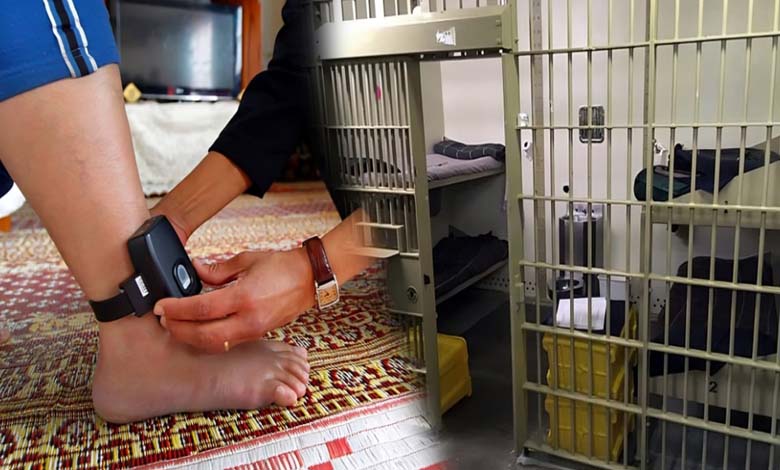Morocco Moves Closer to Implementing Alternative Sentences
The Moroccan Minister of Justice affirms that alternative sentences are a significant step forward in reforming the country’s penal system.

Speaking before the House of Representatives (the lower house of Parliament) on Monday, Moroccan Minister of Justice Abdellatif Ouahbi announced the imminent implementation of “alternative sentences” in the Kingdom. He described the measure as a “landmark step” in reforming the national penal system, although no specific date was provided. Such decisions have been praised by human rights organizations, which view them as a progressive move to alleviate prison overcrowding and offer prisoners opportunities for rehabilitation and reintegration.
-
The Royal Momentum of the King of Morocco Leads to a New Achievement: Ghana Freezes its Recognition of the Polisario
-
Morocco’s Strong Position Pushes Algeria to Avoid Raising the Sahara Issue at the UN Security Council
Although the law on alternative sentences came into force last August following its publication in the Official Gazette, its implementation requires decisions, decrees, and coordination between various sectors to ensure its application. Observers note that this process may take several more months.
Alternative sentences include measures imposed on individuals sentenced to five years or less, such as community service, electronic monitoring, restrictions on certain rights, as well as the imposition of control, treatment, or rehabilitation measures, and daily fines.
-
High Confidence in Morocco Recognized with the Election of its Candidate as Interpol Africa’s Vice President
-
S Approval Paves the Way for Morocco to Acquire F-35 Jets
Mr. Ouahbi stated that three committees have been established: one for the judicial application of alternative sentences, another to draft the necessary regulatory texts, and a third to select the company that will manage these sentences after being issued by the courts. He also noted that many judges have undergone training on alternative sentences.
The minister emphasized the need to revise the entire penal code, describing it as “one of the most complex laws” due to its connections to human, social, and religious relationships, as well as the debates surrounding which acts should be criminalized or reconciled.
-
Morocco and Mauritania Explore New Avenues for Military Cooperation
-
2024… A Year of Morocco’s Diplomatic Triumphs and Strengthened Sovereignty over the Sahara
Regarding prison overcrowding, the minister acknowledged that “the law on alternative sentences alone cannot solve this issue.” He called for bolder steps, particularly concerning the death penalty and other sanctions, stating, “Some penalties need to be reviewed, including the death penalty, and infractions such as vagrancy or homelessness must be reconsidered.”
Last November, the Moroccan government stated that it had “examined the administrative and financial requirements for implementing the law aimed at mitigating the negative effects of short-term prison sentences and addressing issues related to prison overcrowding.”
-
Morocco responds to the European Court of Justice: No agreement will be accepted if it does not fully respect our sovereignty
-
Morocco Strengthens Broader Military Cooperation with Gulf States
The Director General of Prisons and Reintegration, Mohamed Saleh Tamek, had warned of the rising number of prisoners, which has reached 105,000, and called for creating “adequate conditions” to implement alternative sentences.
He highlighted that this law marks a key step in reforming the Moroccan penal system, providing solutions to reduce pressure on prisons and facilitate the social reintegration of convicted individuals.












